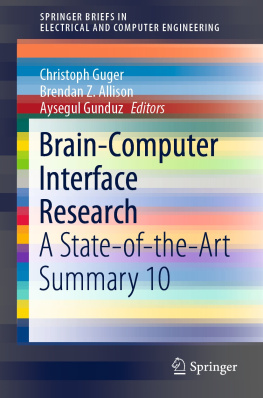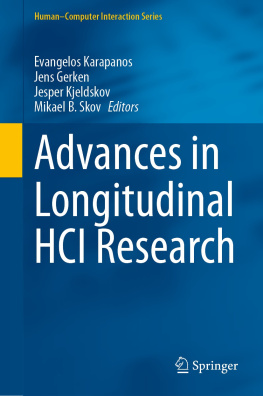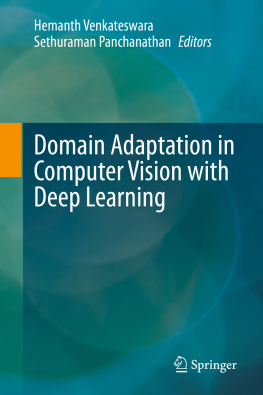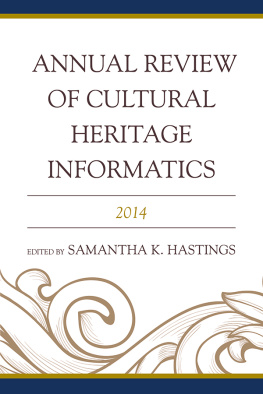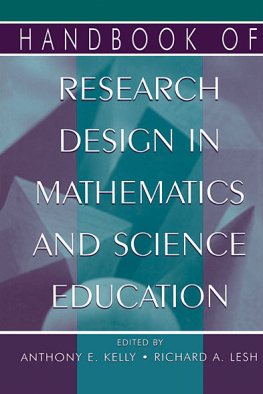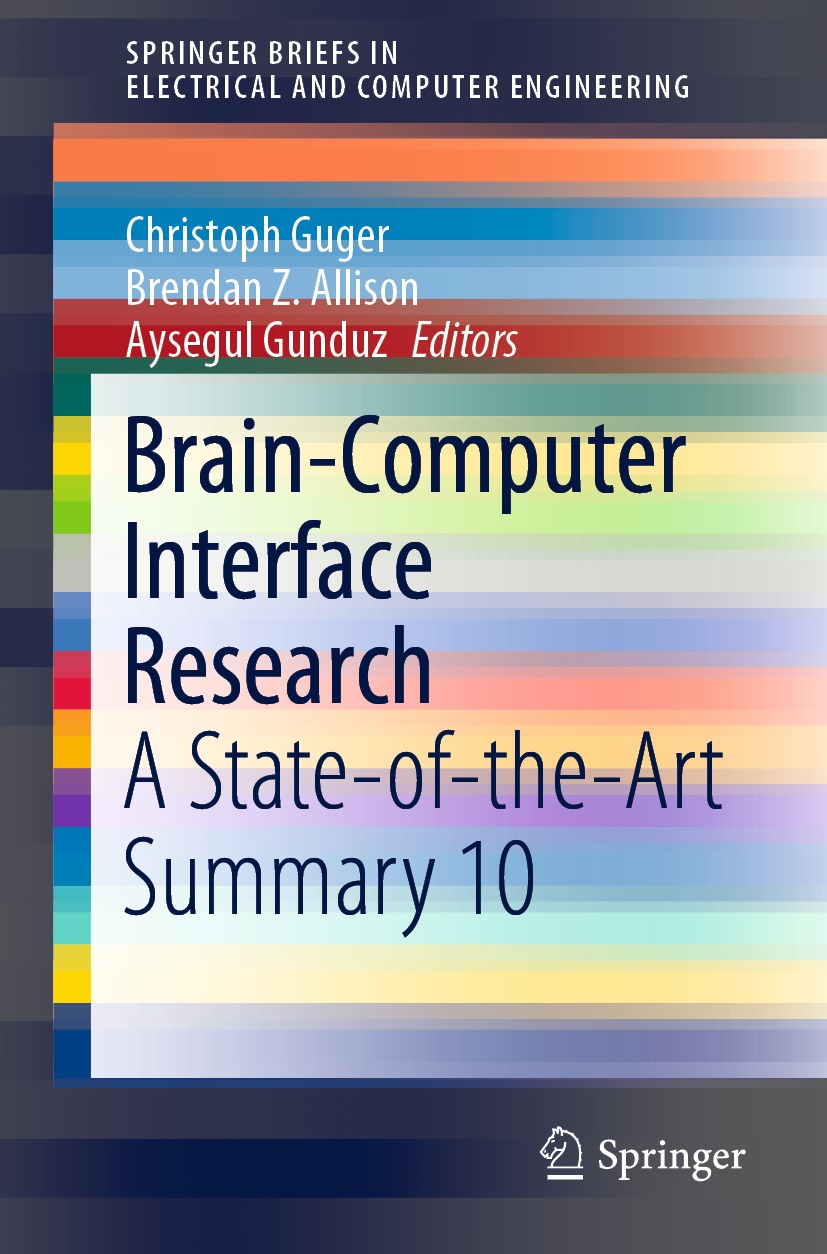Christoph Guger (editor) - Brain-Computer Interface Research: A State-of-the-Art Summary 10
Here you can read online Christoph Guger (editor) - Brain-Computer Interface Research: A State-of-the-Art Summary 10 full text of the book (entire story) in english for free. Download pdf and epub, get meaning, cover and reviews about this ebook. year: 2021, publisher: Springer, genre: Computer. Description of the work, (preface) as well as reviews are available. Best literature library LitArk.com created for fans of good reading and offers a wide selection of genres:
Romance novel
Science fiction
Adventure
Detective
Science
History
Home and family
Prose
Art
Politics
Computer
Non-fiction
Religion
Business
Children
Humor
Choose a favorite category and find really read worthwhile books. Enjoy immersion in the world of imagination, feel the emotions of the characters or learn something new for yourself, make an fascinating discovery.
- Book:Brain-Computer Interface Research: A State-of-the-Art Summary 10
- Author:
- Publisher:Springer
- Genre:
- Year:2021
- Rating:5 / 5
- Favourites:Add to favourites
- Your mark:
Brain-Computer Interface Research: A State-of-the-Art Summary 10: summary, description and annotation
We offer to read an annotation, description, summary or preface (depends on what the author of the book "Brain-Computer Interface Research: A State-of-the-Art Summary 10" wrote himself). If you haven't found the necessary information about the book — write in the comments, we will try to find it.
One of the prominent trends in recent years has been the development of BCIs for restoring limb use and for aiding optical and auditory sensory perception. Many chapters in this book present emerging and novel research directions likely to become more prevalent in the near future. This years book includes chapters based on interviews with BCI experts who were nominated for an award, including this years first, second, and third place winners. These interview chapters are generally less technical than project descriptions, and provide individual perspectives from people actively working on new methods and systems.
Christoph Guger (editor): author's other books
Who wrote Brain-Computer Interface Research: A State-of-the-Art Summary 10? Find out the surname, the name of the author of the book and a list of all author's works by series.

